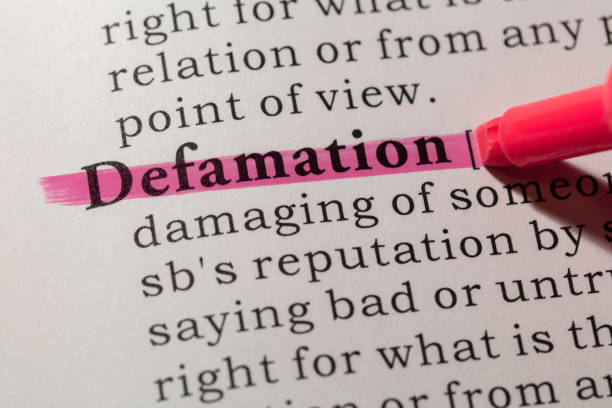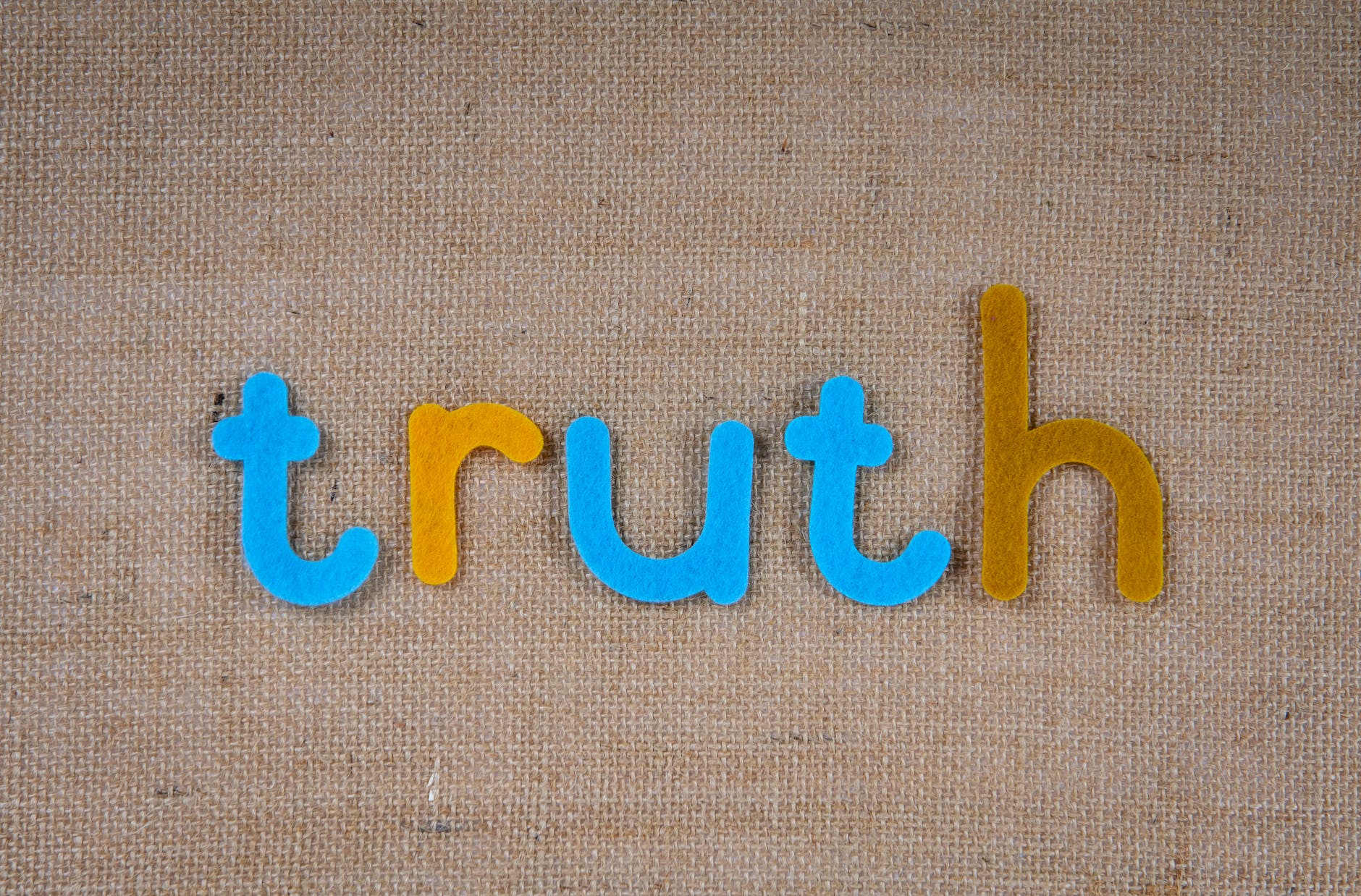
Legal issues to consider when self-publishing
Self-publishing can be an exciting and rewarding way to get your work out into the world. With the rise of digital publishing, it has never been easier to self publish
If you’re in the business of writing or publishing public comments or pictures, you must make sure you understand the basis of defamation law in Australia.
In this guide, we will take you through the critical things you should know about defamation law and we provide some practical steps on how to avoid making defamatory statements.
This article covers the following topics relating to defamation law in Australia. You can skip ahead to the relevant section by clicking the links below:
A defamatory statement is a false statement that is published (i.e. in written form) that would lead a reader to view the complainant in a negative light or if it would cause the complainant to be a victim of mockery.
A false statement about a person that is published and brings them into disrepute is widely referred to as being ‘defamatory’. However, to prove that a written statement is defamatory under Australian law requires the complainant to prove all of the ‘elements’.
Under defamation law in Australia, written material, pictures, or spoken statements that are published can give rise to a claim for defamation. Defamatory material can also include social media posts, comments and replies to social media posts.
Defamation law is set out in State and Territory legislation. Each defamation law has its own requirements, however, they largely follow the same general principles.
Broadly speaking, the elements required to be present in order to prove a claim for defamation in Australia are as follows.

It is important to remember that a person must prove that the words published would make others (i.e. an ordinary reasonable reader) either think less, shun or avoid the individual. It is not enough that the words portray the defamed person in a negative, or even in a ridiculous light.
The relevant standard of “the ordinary reasonable reader” recognises that such a reader may draw inferences from defamatory material.
The courts have held that the intention of the author or publisher is not relevant to whether the statement is defamatory.
A reference to a defamed person can be:
As with the first element, the intention of the author or publisher is not relevant to whether the statement is defamatory.
If a person is named in the defamatory material, that person is not obliged to call evidence (ref: ConsolidatedTrust Co Ltd v Browne [1948] NSWStRp 71; (1948) 49 SR (NSW) 86 at 90-91 per Jordan CJ).
A complainant must prove that the material was published to at least one other person, apart from the person or company that wrote or published the material, or to themselves.
A defamed person has one year to start court proceedings unless they can prove to the courts that it was not reasonable under the circumstances to do so. If they can prove this, then the period will be extended to three years. However, courts rarely grant an extension to this 12-month limitation period.
You should seek urgent legal advice if the 12-month time limit is about to expire or has already expired.
Publishers that post on the internet need to exercise greater care than print media publishers. This is because the one-year time limitation period is reset and the clock starts again each day the material is available to be downloaded.

| State/Territory | Description of case | Outcome |
| NSW | Goldberg v Voigt [2020] NSWDC 174 A local man in Rose Bay, New South Wales, sued another local resident for damages after the court found he was defamed by a single social media post in a Rose Bay Facebook community group page in 2018. | Defamed person awarded $35,000 in damages plus $8,000 in costs |
| NSW | Raynor v Murray [2019] NSWDC 189 The Chair of a Strata Committee sued a lessee of a unit within the building who replied to an email relating to mailboxes, claiming the Chair engaged in (among other things (harassing conduct) | Defamed person awarded $120,000 in damages |
There are several defences to a claim for defamation, including:
Defamation law is a civil matter (i.e. between individuals or companies), not a criminal offence.
This means that police do not get involved in disputes relating to defamation.

A person that is sued for defamation may have to pay damages to the defamed person and may also have court costs and legal fees awarded against them.
The amount of compensation awarded for defamation is highly dependent on the circumstances of each case. There is no fixed formula or way that the courts calculate defamation damages.
In Australia, these damages can sometimes be a small amount or sometimes in millions of dollars.
However, a larger amount of compensation is likely to be awarded where the defamed person has suffered serious and major harm, usually in the form of financial and personal hardship.
If you are considering starting a claim for defamation or you need to defend a claim, you should consider that court proceedings are usually expensive. You must seek legal advice about the likely legal costs before powering ahead with a defamation claim.

Not-for-profit organisations or smaller companies may sue for defamation, however, large companies are not able to sue for defamation in Australia.
According to the Uniform Defamation Legislation, which is applied in every State and Territory, a company can not sue for defamation.
The exception to this rule is where the company is considered to be an ‘excluded corporation’. An excluded corporation is either a non-profit organisation or a company with 10 or fewer employees.
Although a company cannot sue for defamation, it can still sue for any harmful deceit or fraud. Harmful deceit could be a false statement regarding the business that had been published to a third-party platform (such as a social media platform or an online review), made hatefully and read by the public, causing severe damage to the business and its reputation.
However, it is more difficult to prove harmful deceit than defamation, for two main reasons:
These limits may be difficult to prove, based on the case’s facts. However, if you are a company or represent a company whose business or reputation has been harmed by a publication, then you must seek immediate legal advice to make sure if you need to take this legal action or not.

Prosper Law can provide you with legal advice for a fixed fee. We are available online 24/7 and provide legal advice to businesses and people across Australia.
Contact the team today for a free consultation regarding your legal matter.
We provide legal advice to business and individuals across Australia, no matter which State or Territory you are located. Our easy-to-access, online legal services mean that you can talk to our lawyers wherever you are, at a time that suits you.
4.5
Google Reviews

Don’t hesitate – reach out for your free legal assistance today. Your peace of mind is just a click or call away!

Self-publishing can be an exciting and rewarding way to get your work out into the world. With the rise of digital publishing, it has never been easier to self publish

Whether you’re an author looking to protect your intellectual property rights, a publisher seeking to negotiate favourable contract terms, or any other stakeholder in the publishing industry, hiring a publishing

Authors and publishers need to avoid claims that a publication is defamatory. If a book is defamatory, it may lead to legal action being taken against the author and the